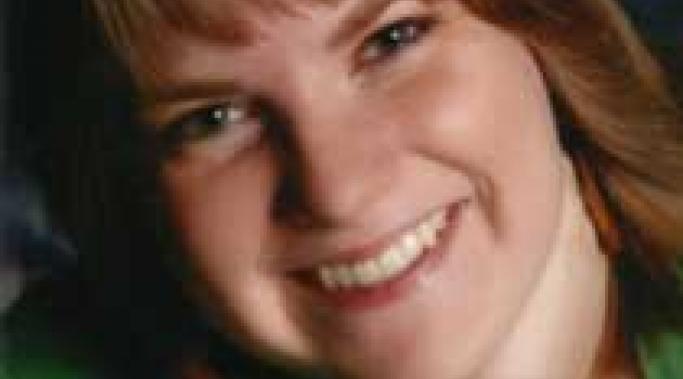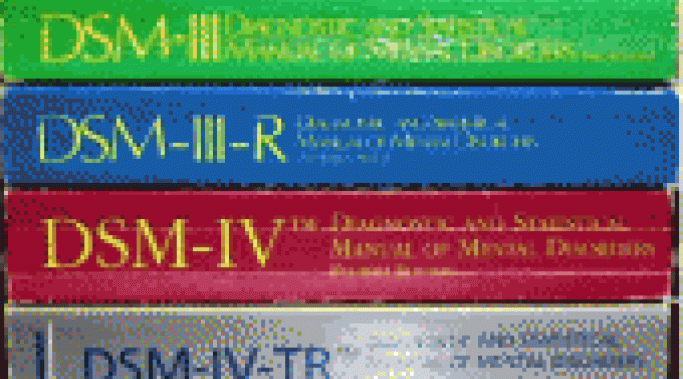Should taking bipolar medications bother me? Psychiatric medications, including bipolar medications, are at the center of many controversial debates. Many people feel as if taking bipolar medications daily means that they are completely dependent upon them, while others believe that medications are necessary for their bipolar disorder treatment.
Bipolar Vida
How does a person know which type of bipolar disorder therapy will work best for him or her? As a psychology student, I learned about the different types of therapy available to patients with various mental illnesses. I learned about their history, how they were developed and their classifications. As a patient with bipolar II and obsessive-compulsive disorder though, my therapists never explained what specific type of therapy they practiced and why one type of therapy might work better than another for me (Types of Bipolar Therapy and How Bipolar Therapy Helps).
I have always felt different from everyone else, alienated, alone. As a young child, I would react to things, even tiny things, in such intense ways, and I would look at other people and wonder: did they feel things this strongly, too? Did they fall to the ground crying when they saw a dead butterfly on the sidewalk? Or have sudden intrusive thoughts of swerving and crashing their car in a wall?
I'm Alexa Poe – a 20-something student and mental health advocate, and the author of Colored Blue.
I experienced early onset bipolar II disorder at the age of 12, and was also diagnosed with obsessive-compulsive disorder later. I have traveled a rough and winding road – years of trying dozens of medications and starting college with a mood disorder and severe anxiety. However, I have found effective medications over the course of my treatment, and I have been in therapy for a few years.
It's time to say goodbye. School starts June 1st. It’s nearly here. I can’t believe it. I’m both excited and nervous. Will I be able to keep up? It’s due to this nervousness that I’ve decided that I’m going to leave the blogging world.
Bipolar Disorder can kick you to the curb. It can be demanding and dominating, but I will not give in. I will continue my fight and I will be victorious. Nothing will stand in my way. Not even myself.
This was one of the first books that I read shortly after being diagnosed with Bipolar Disorder. I wanted to be sure that I was diagnosed correctly. Coincidentally enough, I have not been correctly diagnosed by my current psychiatric nurse. She says that I'm a Bipolar II and I think I'm Bipolar I, according to the DSM-IV-TR. She told me once that it didn't matter as long as the treatment took care of my episodes. But it's the new edition, the DSM-V, that has really grabbed my attention.
The anniversary of my father’s passing is nearly here. It’s given me pause to reflect on what my life’s been like this last year. I went into a deep depression that lasted from September to February. I had a short lived hypomanic episode, too. I would say that I wish my year had been better, but it could’ve been worse.
My faith has waned. I don’t have faith that I’ll be able to complete a successful school semester due to my recent bipolar episode. If it happens again, I need to be prepared and I just don’t know how to do that. I’m worried that I won’t be able to do the work that I need to do. In my head I hear myself scream, “Failure!”
I'm feeling better. The anger and paranoia are gone. I guess I must have been at the end of my hypomanic phase. I'm so glad! It was a minor diversion compared to what it could have been. I guess the medicine made it lighter. It would've been better if the medicine had made it stay away. I wonder if they make bipolar medicines like that for me?







